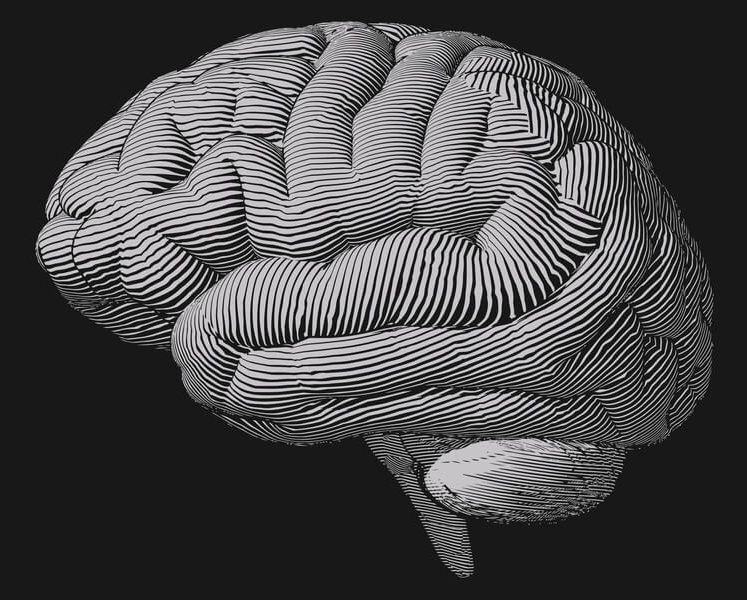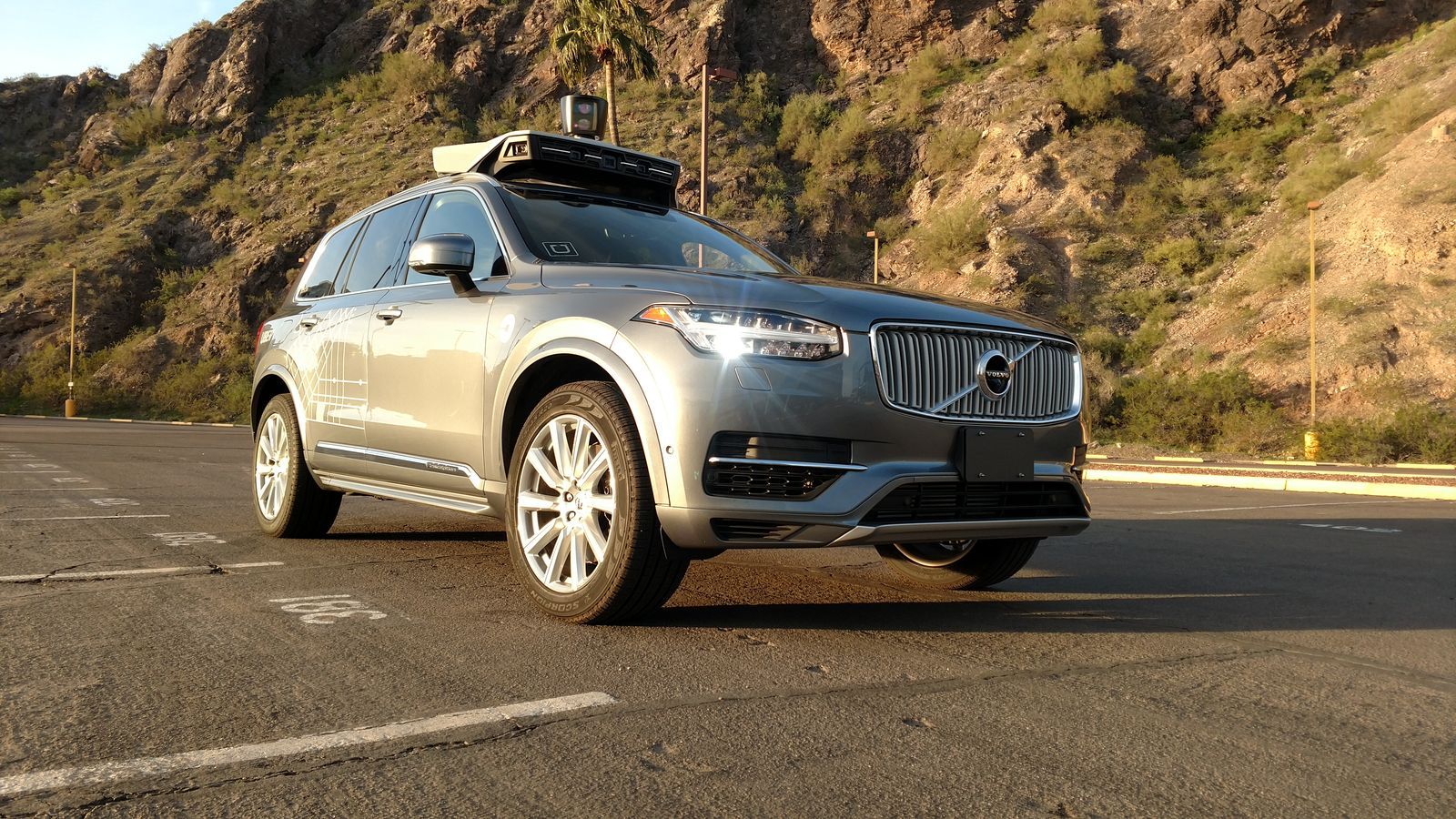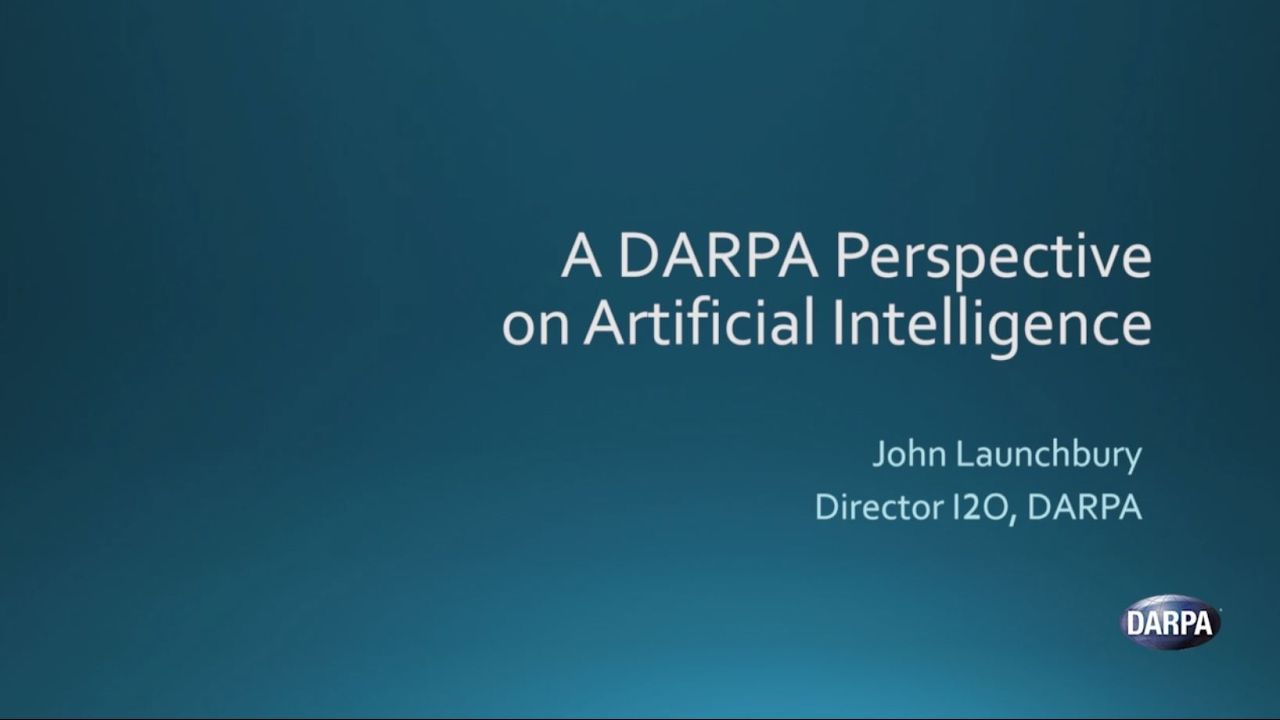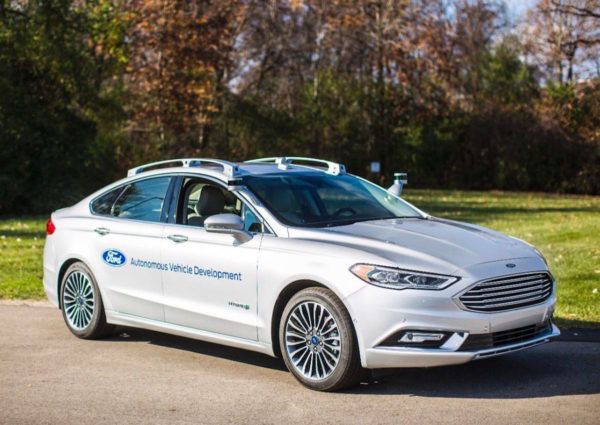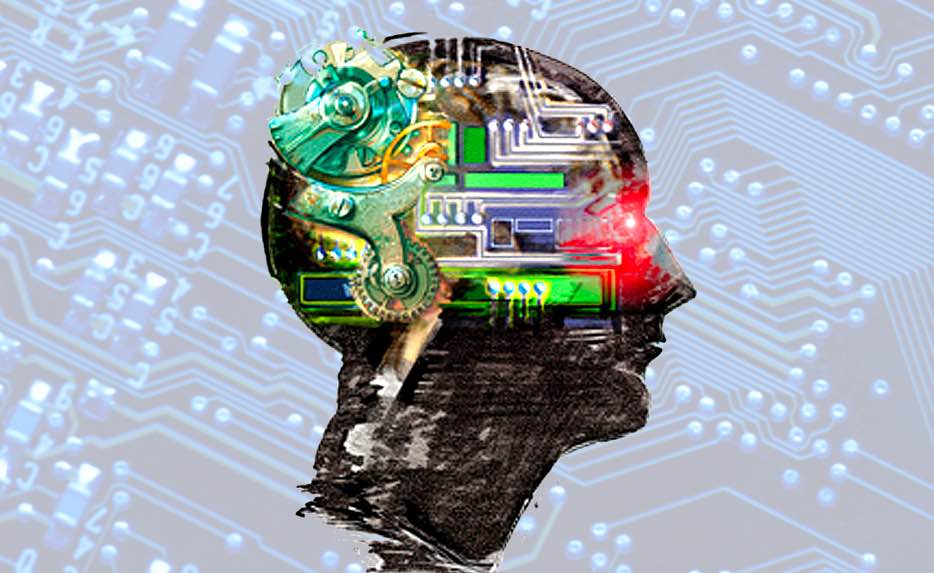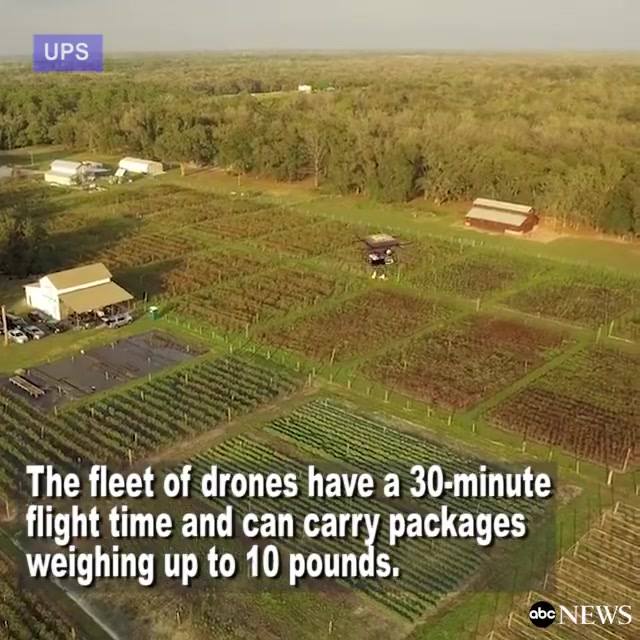
Quantum biomimetics consists of reproducing in quantum systems certain properties exclusive to living organisms. Researchers at University of the Basque Country have imitated natural selection, learning and memory in a new study. The mechanisms developed could give quantum computation a boost and facilitate the learning process in machines.
Unai Alvarez-Rodriguez is a researcher in the Quantum Technologies for Information Science (QUTIS) research group attached to the UPV/EHU’s Department of Physical Chemistry, and an expert in quantum information technologies. Quantum information technology uses quantum phenomena to encode computational tasks. Unlike classical computation, quantum computation “has the advantage of not being limited to producing registers in values of zero and one,” he said. Qubits, the equivalent of bits in classical computation, can take values of zero, one or both at the same time, a phenomenon known as superposition, which “gives quantum systems the possibility of performing much more complex operations, establishing a computational parallel on a quantum level, and offering better results than classical computation systems,” he added.
The research group to which Alvarez-Rodriguez belongs decided to focus on imitating biological processes. “We thought it would be interesting to create systems capable of emulating certain properties exclusive of living entities. In other words, we were seeking to design quantum information protocols whose dynamics were analogous to these properties.” The processes they chose to imitate by means of quantum simulators were natural selection, memory and intelligence. This led them to develop the concept of quantum biomimetics.
Read more


